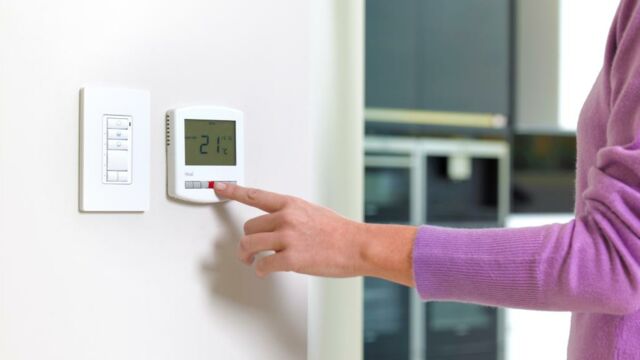Turn down the heating or turn it off? The eternal question is on everyone's mind in the wintertime and especially in times of extremely high energy prices. With inflation of 60 to 80% in electricity prices, owners of electric heating systems are facing a spike in bills. So how can you save as much money as possible so that you're not just eating noodles or running on empty in the winter? The answer depends on a few factors which you will find below.
Discover our latest podcast
Insulated? Or not insulated?
The decision to turn off the heating or leave it running depends on the quality of your home's insulation, the time of year and how long you'll be away, according to Merkur.de. As a rule, it's better to cut the power drastically, but there are some gradations. The better the insulation criteria in your home, the more likely you are to be able to afford to turn off the radiators.
If this is the case for you then you can save money because the thermal inertia is so great that your house will partially return the temperature given off by your radiators. Even if you are only going away for a day.
Turn down the heating instead of turning it off
If your house is a heat sieve, you should not turn off the heating. This is partly because your home will be like an ice cube when you get home, and partly becauseyou will waste too much energy turning the radiator back on every time. Turning down the heating without switching it off prevents consumption from skyrocketing. Otherwise, your home will take even longer to heat up.

On the other hand, if you are going to be away for two or three days, you can use the frost protection function to keep consumption very low without running the risk of the pipes getting the full force of the winter frost. Depending on the radiator, this function is also represented by a small snowflake or a case.
Apart from this, it is generally advisable in normal times outside of travel that the interior temperature does not fall below 15 degrees and does not rise above 19 degrees, according to SWR.
This article was translated from Gentside DE.
Sources Used:
-SWR: Beim Verlassen der Wohnung: Heizung anlassen oder ausschalten?
-Merkur.de: Beim Verlassen der Wohnung: Heizung herunterregeln oder ausschalten?
Read more:
⋙ You might be eligible for £150 discount on energy bill, find out how
⋙ Save hundreds of pounds and reduce your energy bill with these easy tips
⋙ The British government is handing out £400 for energy bills, here’s how to claim it















